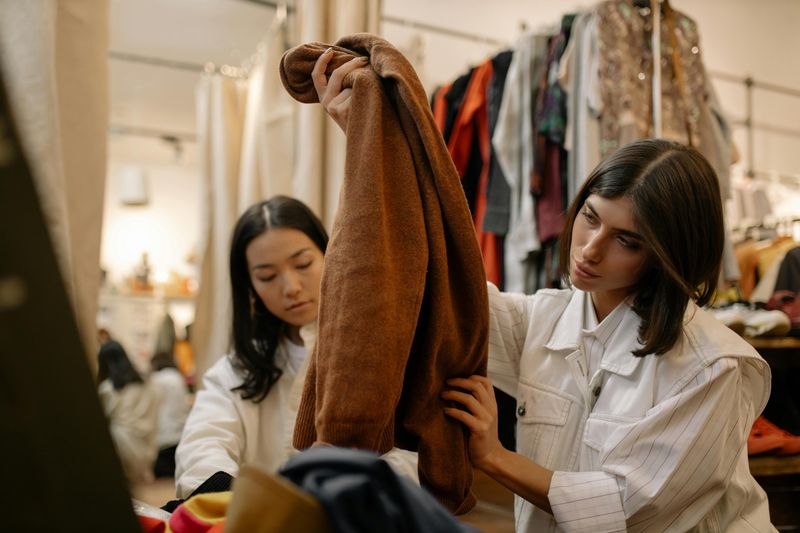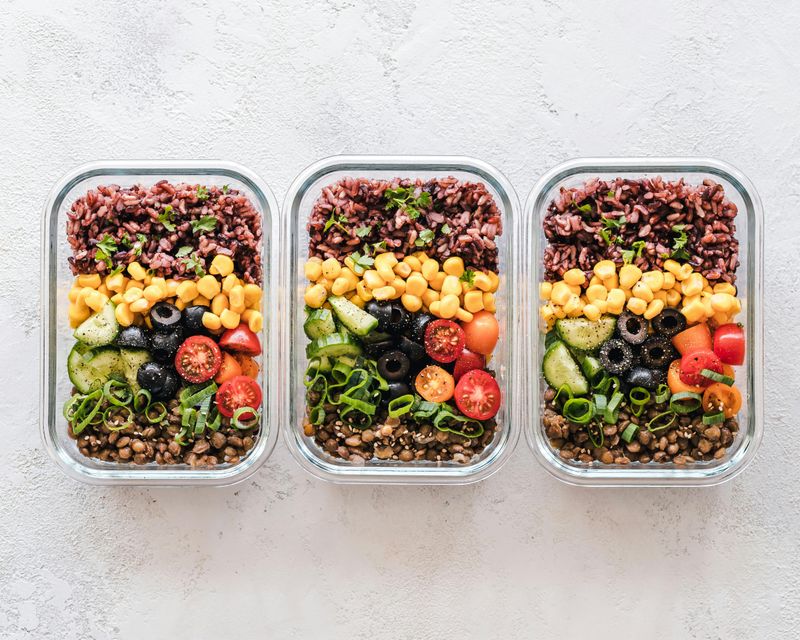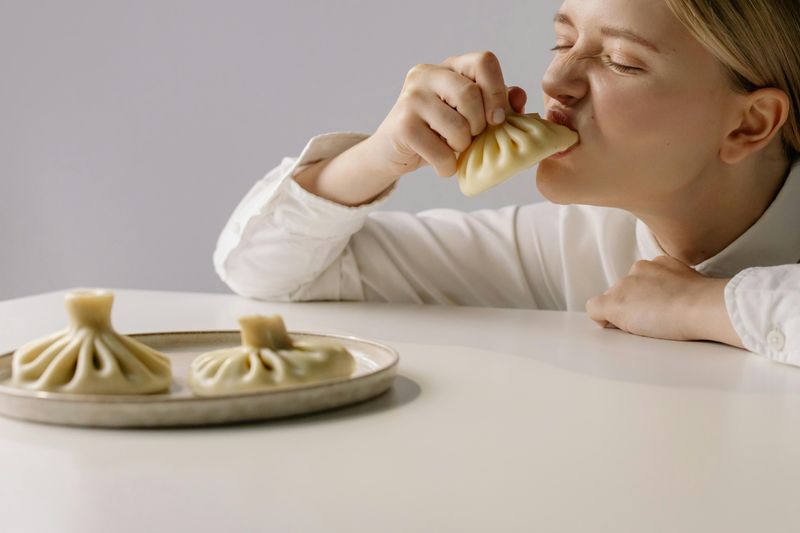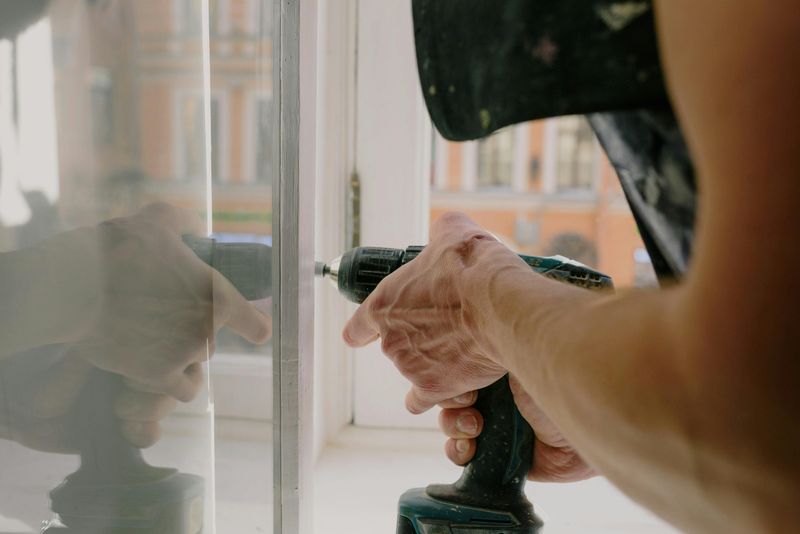11 Everyday Habits That Reveal You Didn’t Grow Up Rich

Money shapes more than just our bank accounts—it leaves fingerprints on the little things we do every single day. If you grew up without much, those lessons stick with you, even when you’re in a better financial position later in life. From how you shop to the way you treat leftovers, certain habits can quietly reveal your background.
1. Saving Every Leftover Container

Chances are, your fridge has more old spaghetti sauce jars and Cool Whip tubs than actual matching Tupperware. Growing up without extra money teaches you that nothing should go to waste—not even a plastic container that originally came with coleslaw.
Sure, some people spend hundreds on fancy, color-coded storage sets. But if you didn’t grow up rich, you know that a peanut butter jar can hold soup just as well as anything you’d buy in the kitchen aisle.
It’s not just about frugality—it’s about creativity and resourcefulness. To you, every container has a second life waiting for it. And honestly? Your pantry probably looks like a recycling bin that got organized.
2. Turning Off Lights Obsessively

If you walk out of a room without flipping the switch, it feels wrong—almost criminal. That habit comes straight from growing up in a house where every penny on the electric bill mattered.
Parents who didn’t have much were quick to remind their kids: “Do you think we own the power company?” That phrase echoes in your head to this day.
Now, even as an adult, you can’t relax if lights are on in an empty room. It’s not just about saving a few cents anymore—it’s about the discipline of not wasting what costs money. Rich kids may have grown up ignoring glowing hallways, but you definitely didn’t.
3. Eating Every Last Bite

Leaving food on the plate was never an option in your house. Growing up, you learned quickly that wasted food was wasted money, and that was unacceptable.
Even now, you scrape the last bit of mashed potatoes from the bowl or finish the final spoonful of cereal milk. And if you’re at a restaurant? You’re either cleaning that plate or boxing it up to take home.
It’s not about being greedy—it’s about respect for what you have. When food wasn’t guaranteed in abundance, every meal carried value. That mindset never goes away, even when you can easily afford seconds.
4. Fixing Before Replacing

Buying something new at the first sign of wear wasn’t the reality you grew up with. Instead, you patched holes in jeans, taped broken shoes, or tinkered with old electronics to squeeze out a little more life.
That’s why you might still have a drawer full of “spare parts” or a sewing kit you actually know how to use. While wealthier families replaced things without a second thought, you learned the power of making do.
Even now, the instinct to repair instead of replace runs deep. Sometimes it’s about nostalgia, sometimes it’s about pride—but most often, it’s just second nature.
5. Comparing Prices on Everything

If you grew up without money, shopping wasn’t just about grabbing what you wanted. It was a strategic mission. One store might have cheaper bread, another cheaper milk, and you’d go to both just to save a dollar.
That habit sticks with you. Even today, you probably check prices online before hitting “buy” or flip between apps to make sure you’re getting the absolute best deal. To you, saving a couple bucks here and there still matters.
Some might call it overthinking. But really, it’s just being smart with money—a skill you learned the hard way.
6. Drinking Water at Restaurants

Ordering soda or wine when you went out wasn’t even on the table growing up—it was water, always. Not because anyone preferred it, but because it was free.
That habit often follows you into adulthood. While your friends casually order cocktails, you’re asking for a glass of ice water with lemon. Not only does it save money, but deep down, it feels like the “normal” choice.
It’s not about being cheap—it’s about being conditioned to make the financially responsible call. And honestly, your body probably thanks you for it.
7. Using Coupons and Discounts Religiously

Few things bring as much joy as scanning a coupon and watching the price drop at checkout. That thrill? It’s rooted in growing up where discounts weren’t optional—they were survival tools.
Maybe you learned how to stack store promotions with manufacturer coupons, or maybe you still subscribe to email lists just to catch a 20% off code. Either way, you rarely pay full price for anything.
It’s not just about saving money—it’s about feeling like you “beat the system.” When you didn’t grow up rich, those small victories made a big difference.
8. Eating at Home More Than Out

Restaurant meals were a treat, not a habit, if you grew up without much money. Home-cooked meals—no matter how simple—were the standard.
That’s why you might still feel a little guilty eating out multiple times a week. Deep down, it feels unnecessary when you could just make something at home. Even when you can afford it now, that voice still whispers in the back of your mind.
It’s not that you don’t enjoy dining out—it’s that your instinct tells you to stretch your money further. And that’s a lesson that sticks.
9. Wearing Clothes Until They’re Worn Out

Holes in socks? Faded T-shirts? A stretched-out hoodie that’s been around for a decade? If this sounds familiar, you probably didn’t grow up rich.
Replacing clothes just because they weren’t “fresh” wasn’t how your family operated. You wore them until they could no longer function—sometimes even beyond that, thanks to patches and hand-me-downs.
Even now, you might hesitate to toss out a shirt that’s seen better days. To you, clothes aren’t disposable—they’re investments that should last as long as possible.
10. Reusing Household Items in Creative Ways

Throwing things away without a second thought wasn’t an option in your household. Every item had the potential for a second life.
Plastic grocery bags became trash can liners, aluminum foil got folded and reused, and wrapping paper was carefully smoothed out and stored for birthdays yet to come. These habits might seem quirky, but they’re incredibly practical.
Even now, you probably catch yourself saving random items “just in case.” It’s not clutter—it’s resourcefulness. And it’s a habit that reveals exactly how you grew up.
11. Hesitating to Splurge—even When You Can

Money might not be as tight anymore, but spending freely doesn’t always come naturally. If you grew up poor, there’s always that little voice asking, “Do you really need this?”
Even when you can afford to treat yourself, you might feel guilty or second-guess the purchase. That hesitation is the shadow of a childhood where every dollar had to be stretched.
While wealthier people might buy things without a second thought, you still stop, think, and calculate. It’s not a bad thing—it just shows how deeply those early lessons stuck with you.

Comments
Loading…